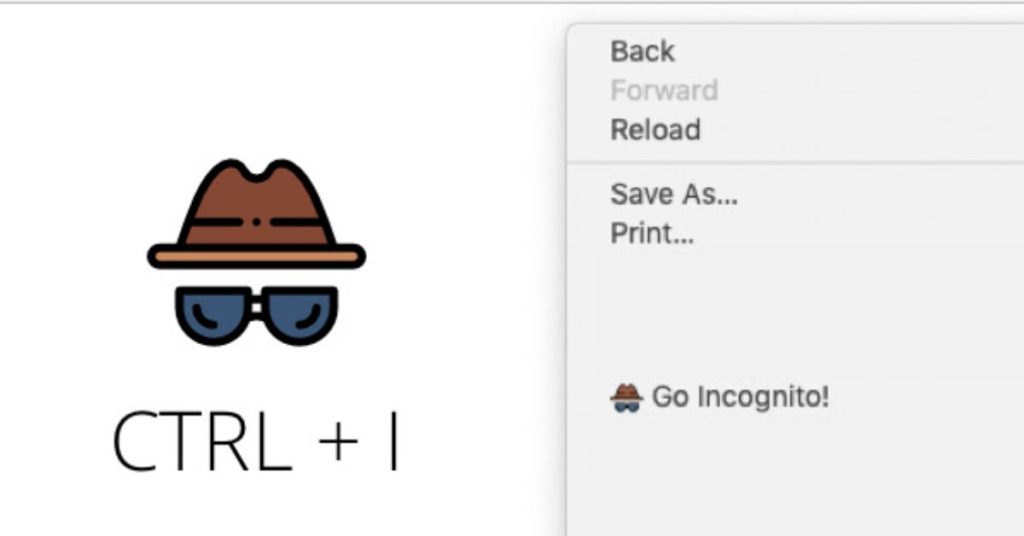Google has updated its explanation of incognito browsing, clarifying its function more clearly. This change follows a recent legal settlement where Google was sued for allegedly tracking users even when they were in incognito mode. The lawsuit ended with Google agreeing to pay a massive $5 billion.

This update was first noticed by MSPowerUser in the latest version of Google Chrome (version 122.0.6251.0). The updated disclaimer states:
“Others who use this device won’t see your activity, so you can browse more privately. This won’t change how data is collected by websites you visit and the services they use, including Google. Downloads, bookmarks, and reading list items will be saved.”
The previous version said:
“Now you can browse privately, and other people who use this device won’t see your activity. However, downloads, bookmarks and reading list items will be saved.”
So the updated disclaimer now clarifies that while incognito hides your activity from others using the same device, it doesn’t stop websites and services like Google itself from collecting your data. Downloads, bookmarks, and reading list items will still be saved, too.
Google claims the update provides “even more information” to users and they’re pleased to resolve the case, which they “long disputed.” However, the update likely reflects a desire to be more transparent after the lawsuit and potential judge’s ruling, which could have forced them to be even clearer about data collection practices.
The plaintiffs in the lawsuit argued Google’s practices amounted to an “unaccountable trove of information” about users who thought they were protecting their privacy.
While Google denied the allegations, the settlement and disclaimer change suggest they’re willing to be more forthcoming about data collection in incognito mode.
This isn’t Google’s first brush with privacy lawsuits. They’ve faced accusations of violating federal wiretap laws and collecting user data from Wi-Fi networks without permission. The incognito mode case is just another reminder to be cautious about how much information we share online, even when we think we’re browsing privately.
Related:
- Google users in the EU can now opt out of data sharing from services like YouTube, Maps, and more
- Google is removing 17 features from Assistant in the next few weeks
- Xiaomi Band 8 Genshin Impact custom edion get a huge discount.
- Unlock Savings: Discount on Every Giztop Product under the New Year Sale
- OnePlus partners with Pixelworks to Elevate Mobile Gaming Experience on the OnePlus 12
- Doogee V30 Pro Review: We Voted It As The Best Rugged Phone 2023






